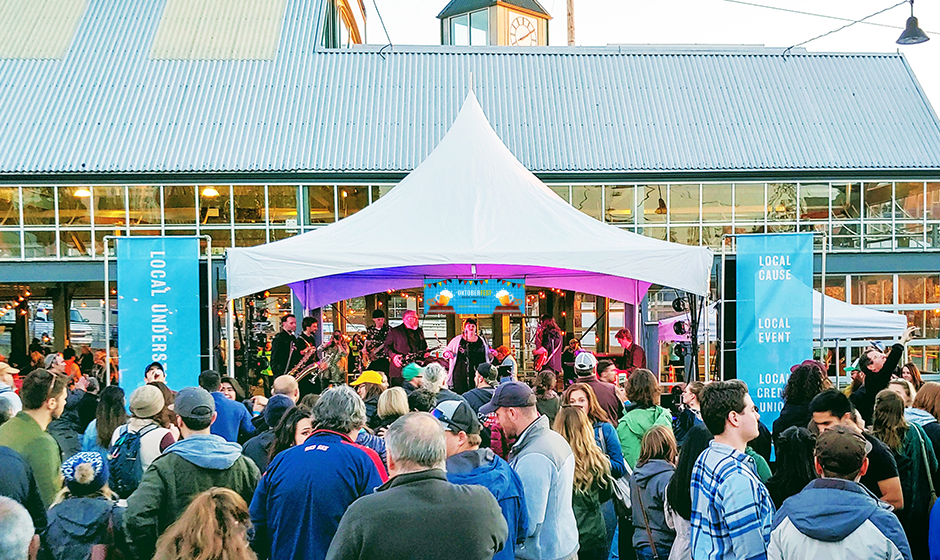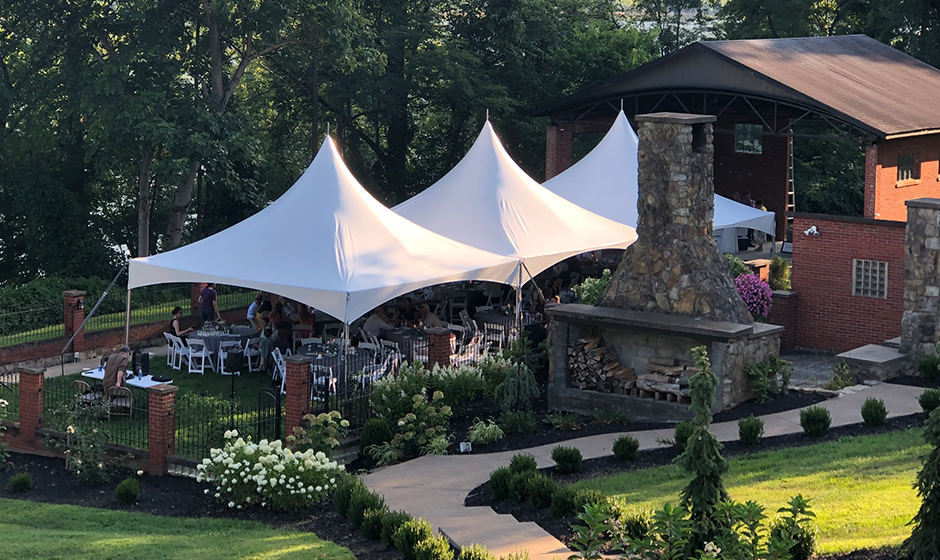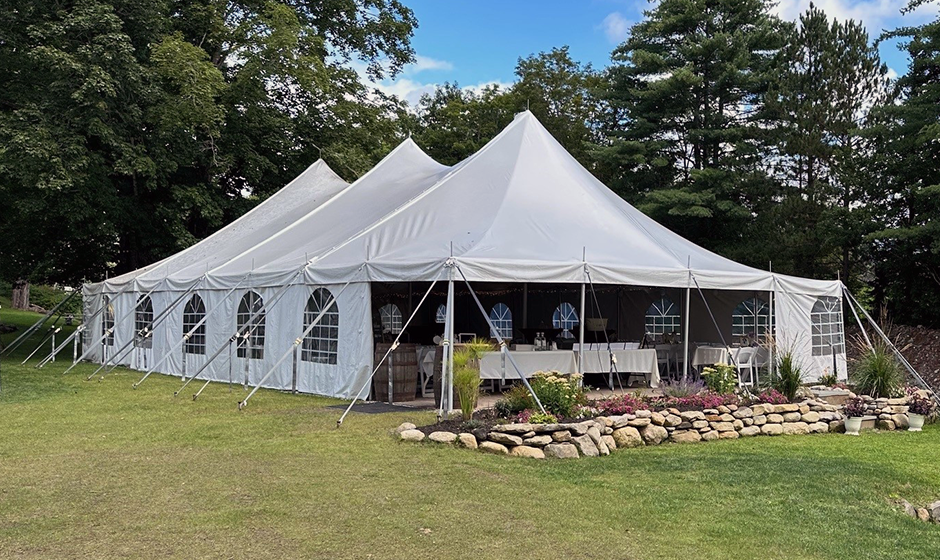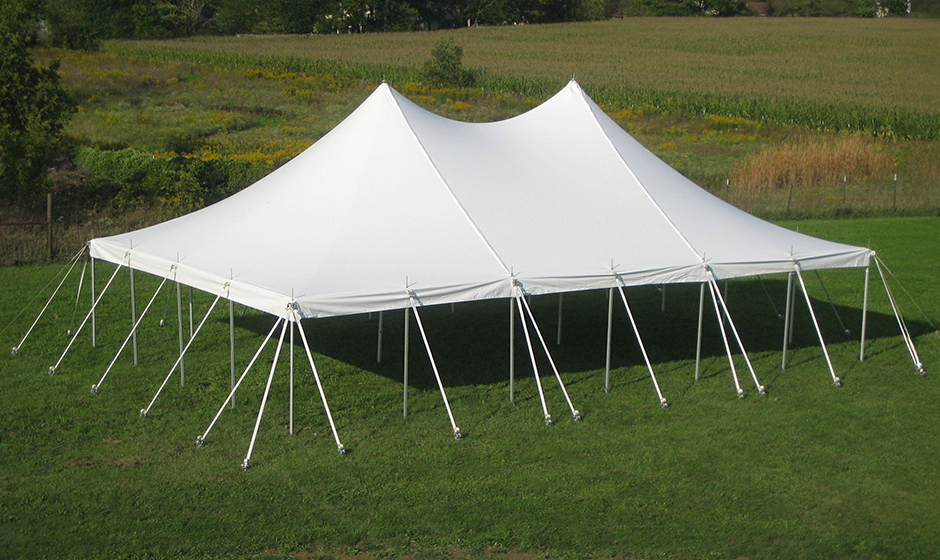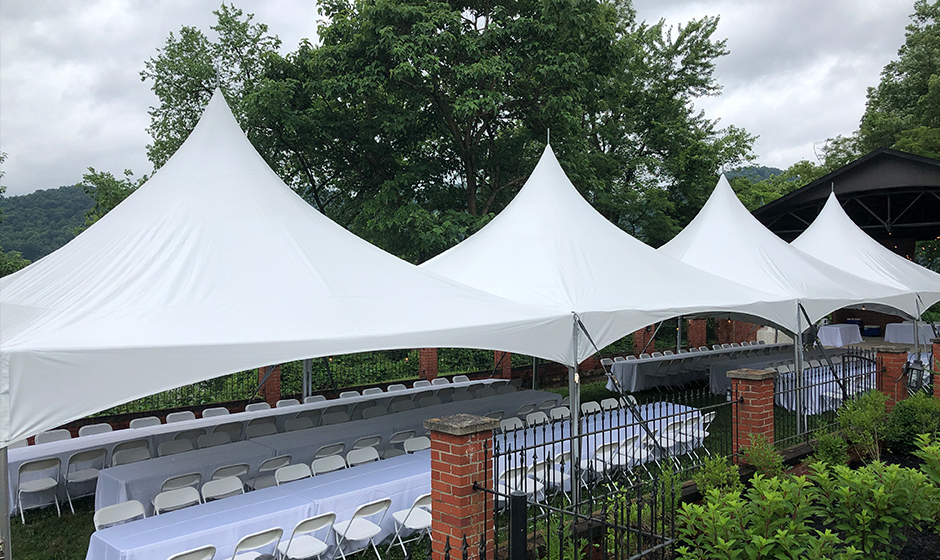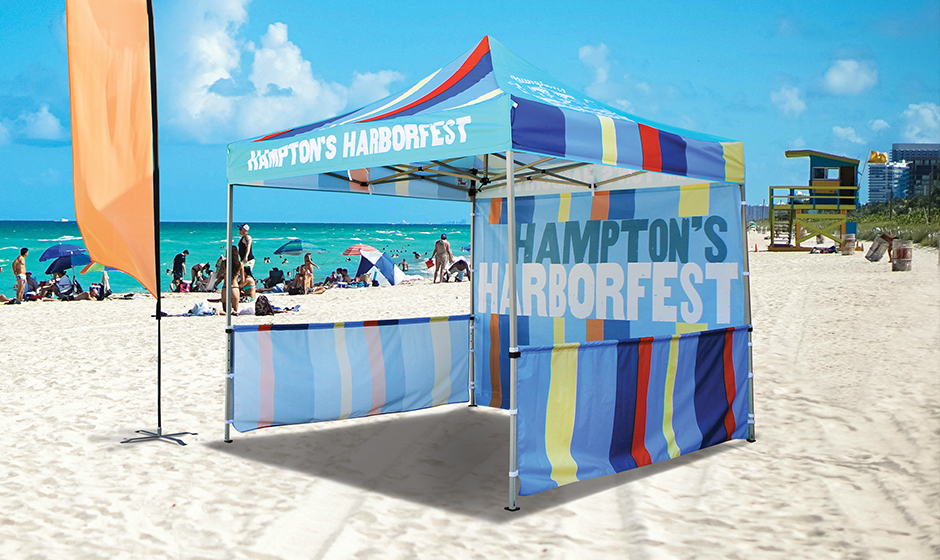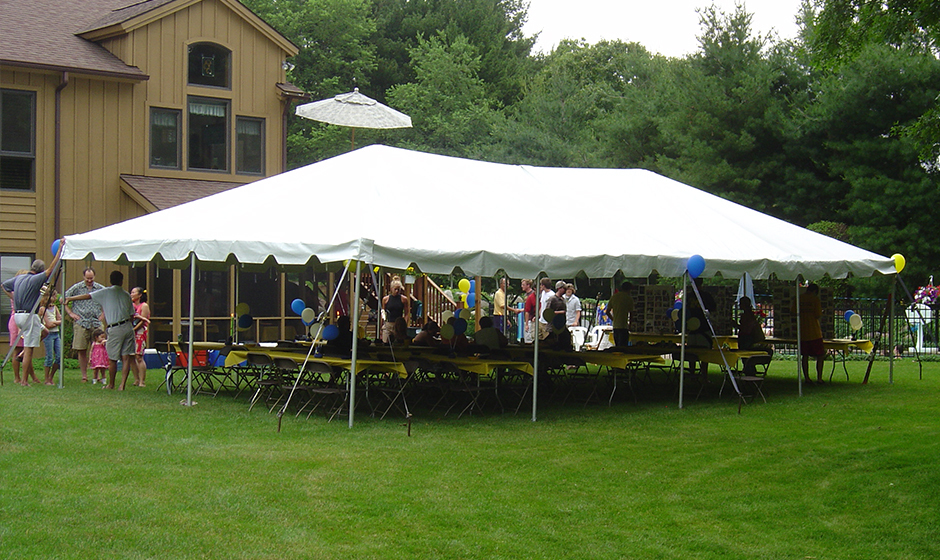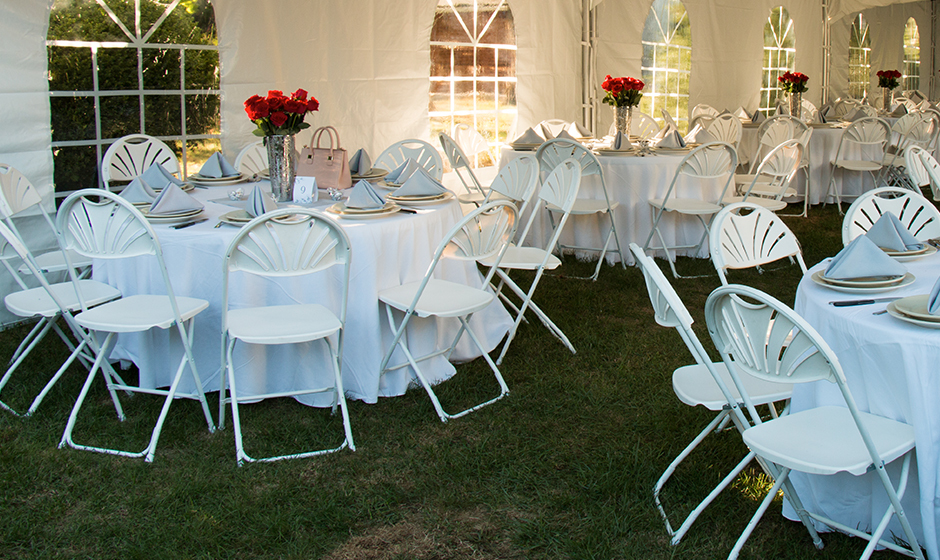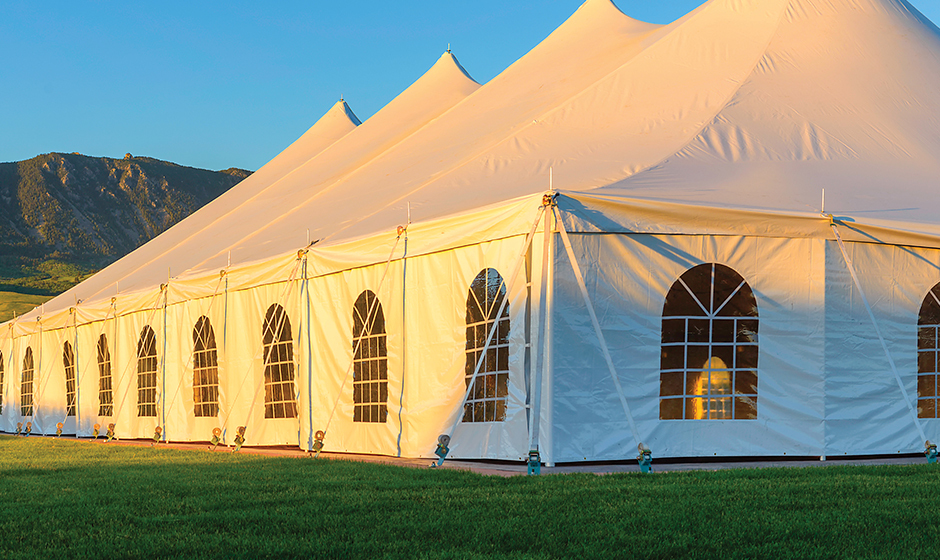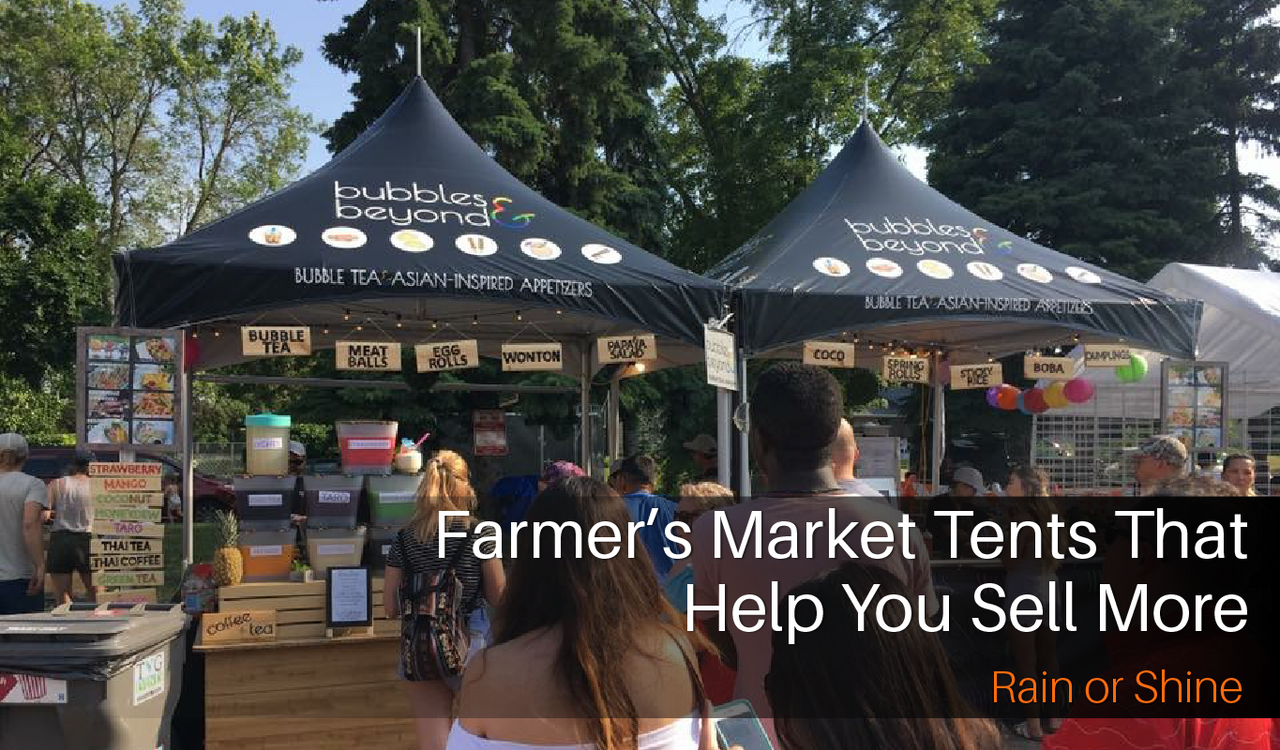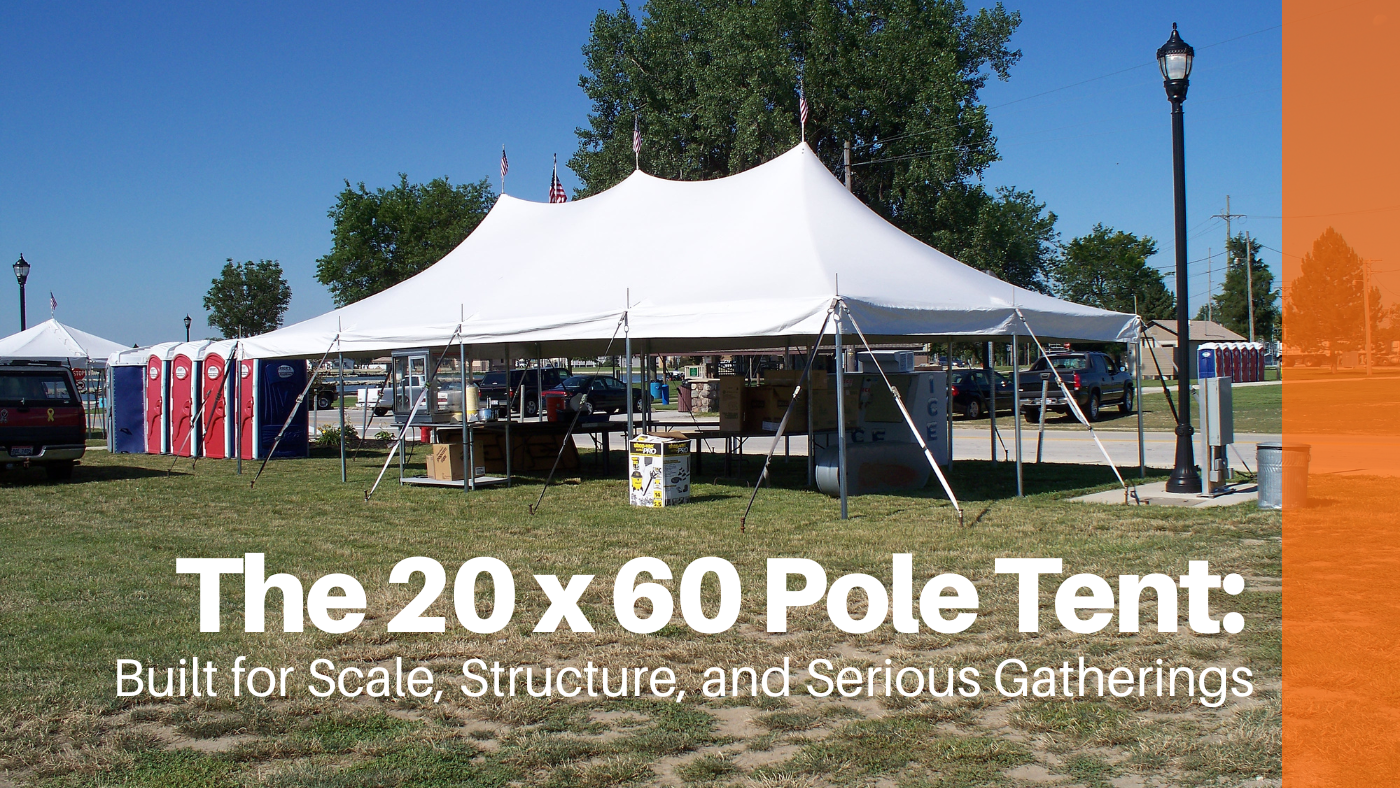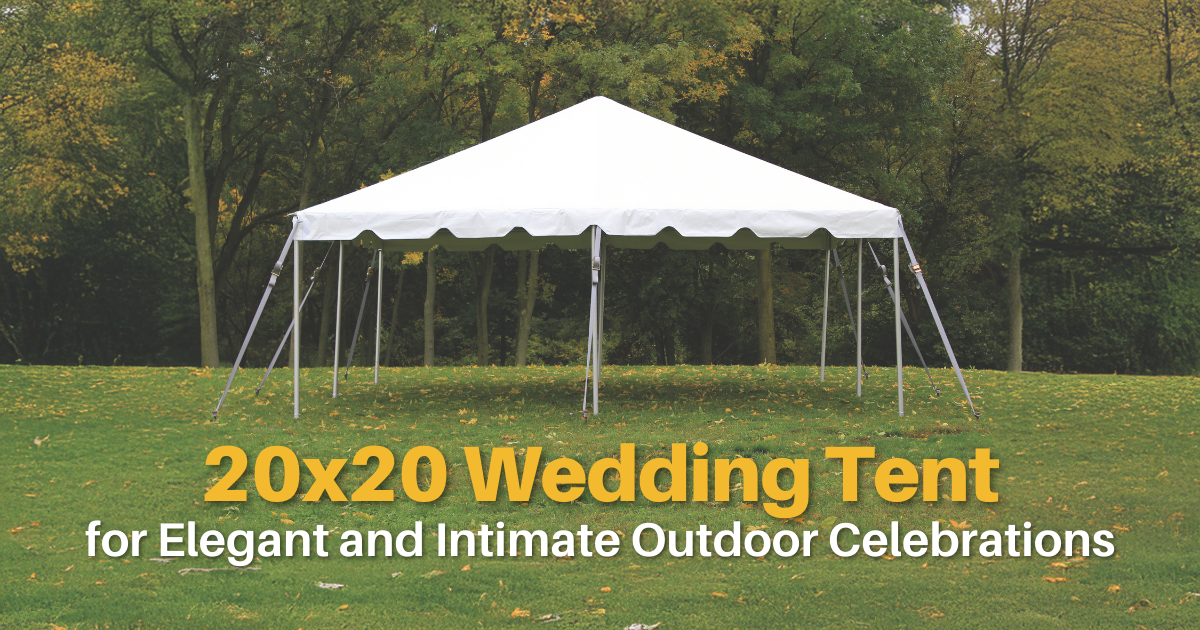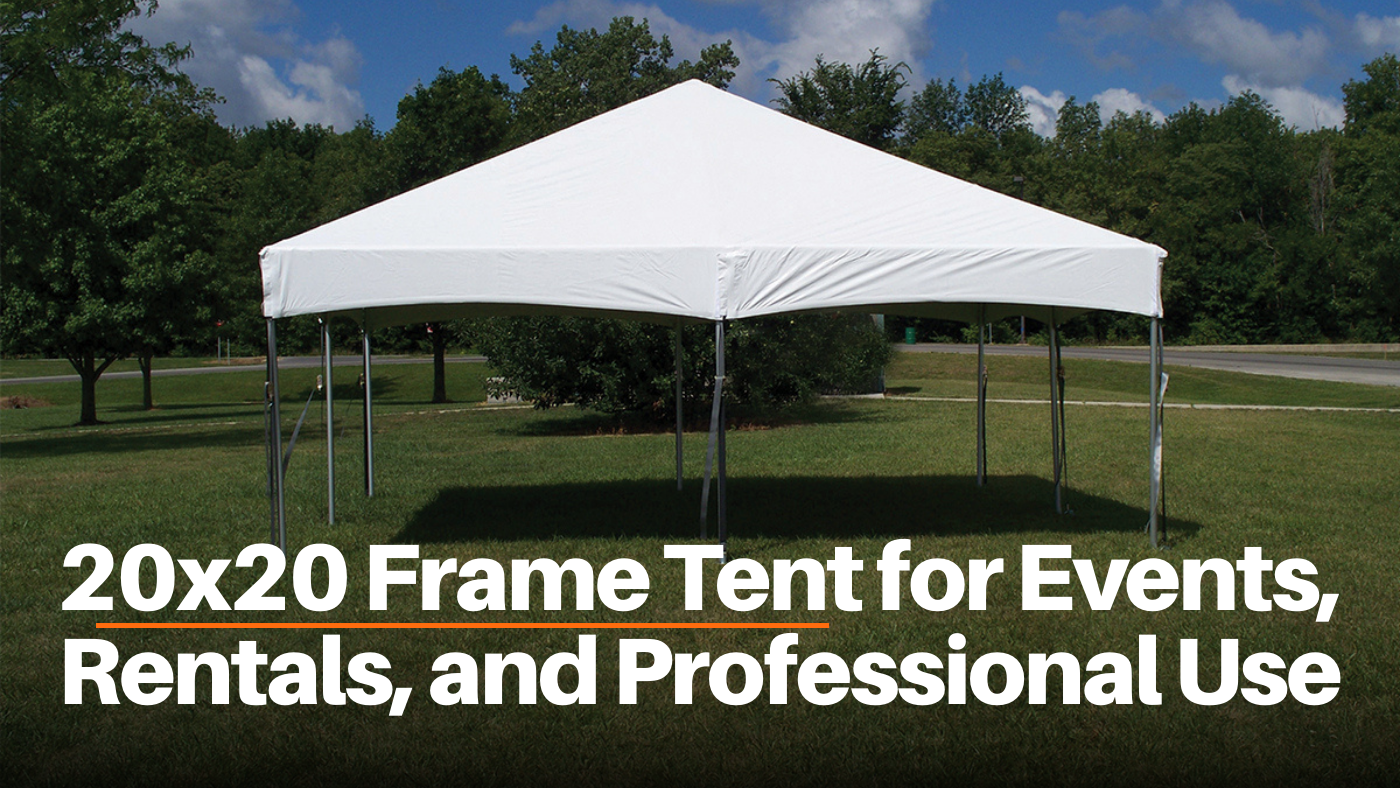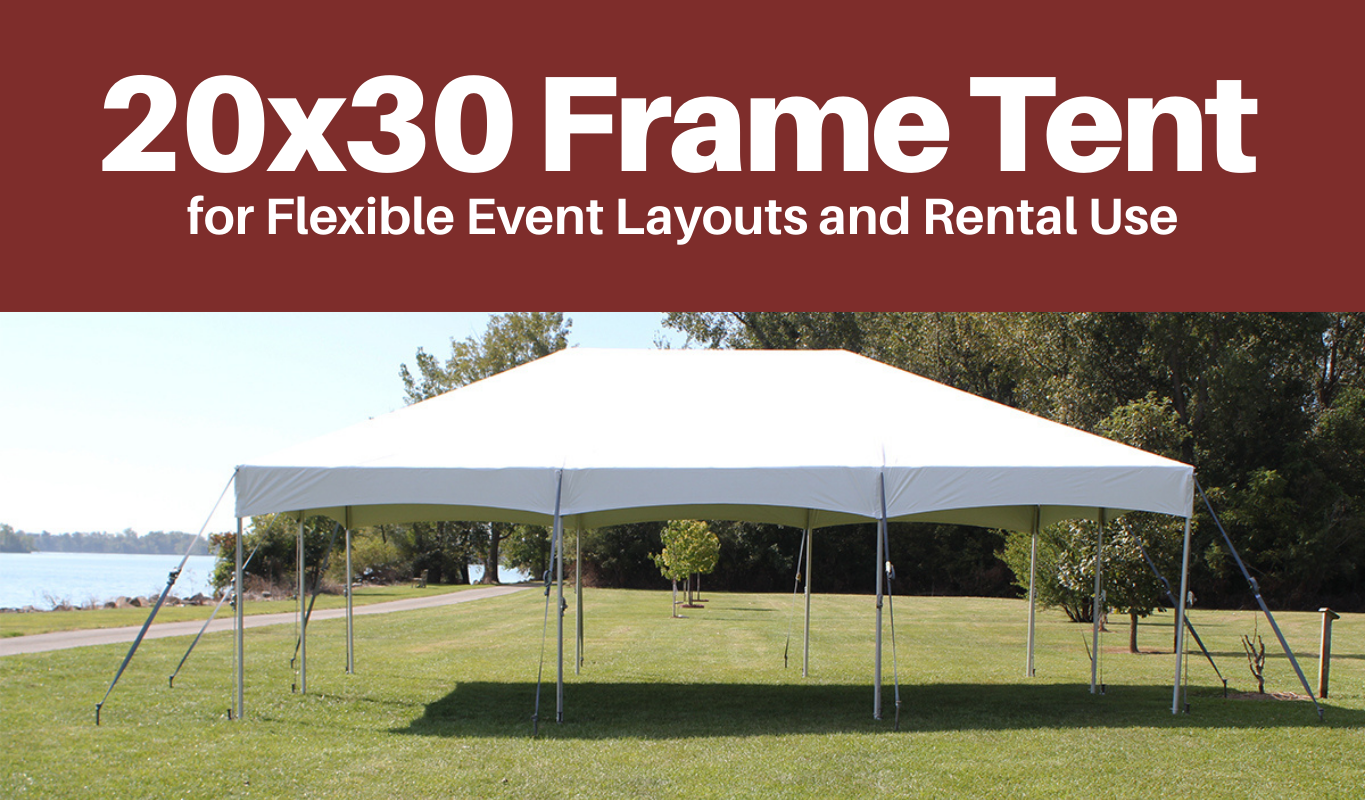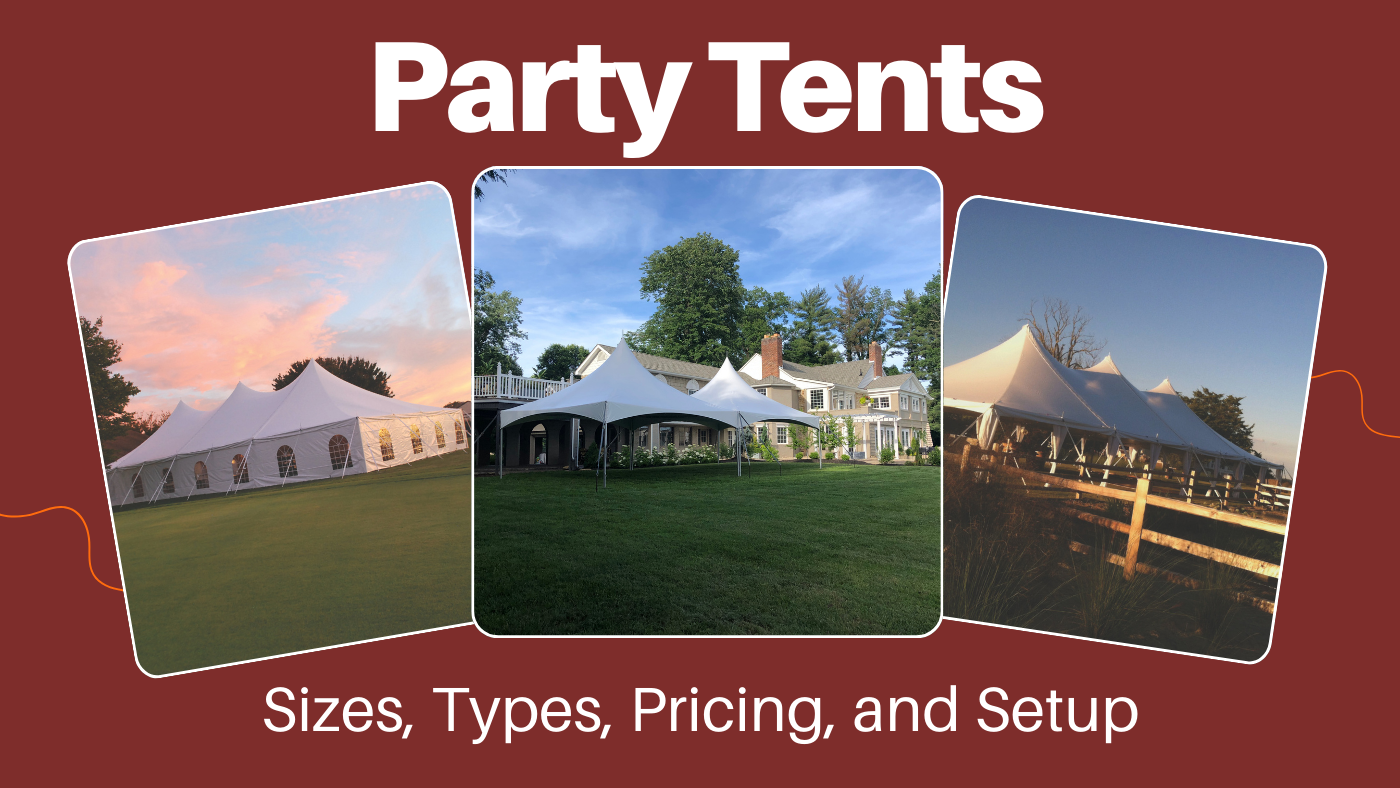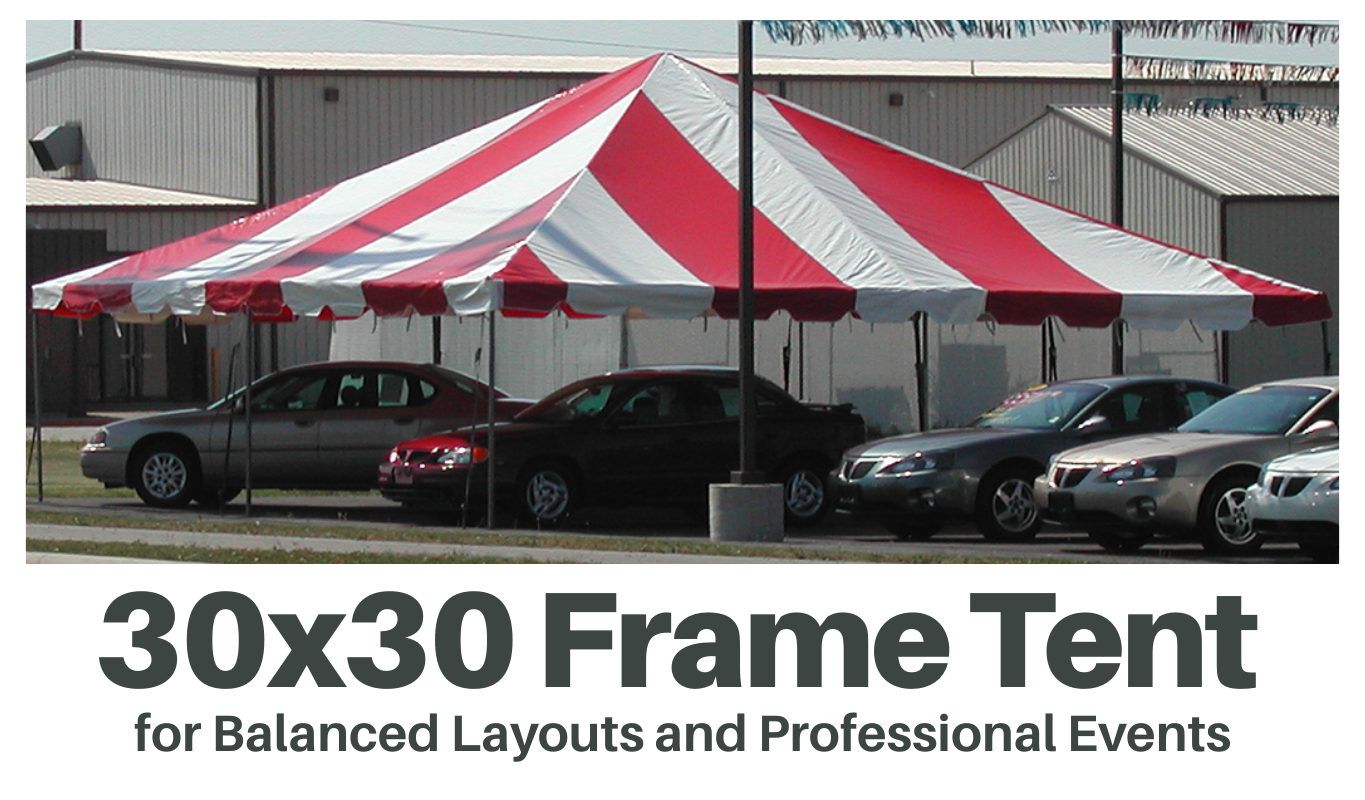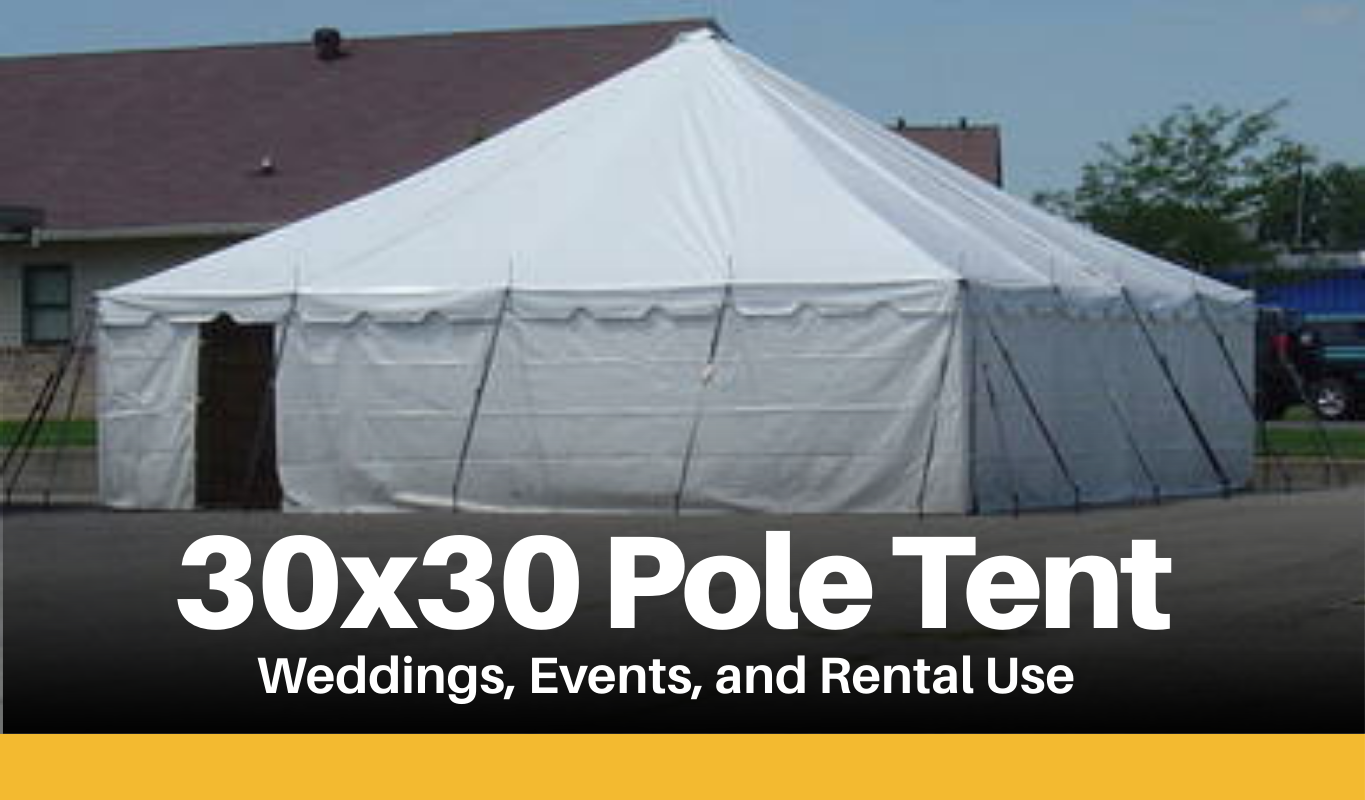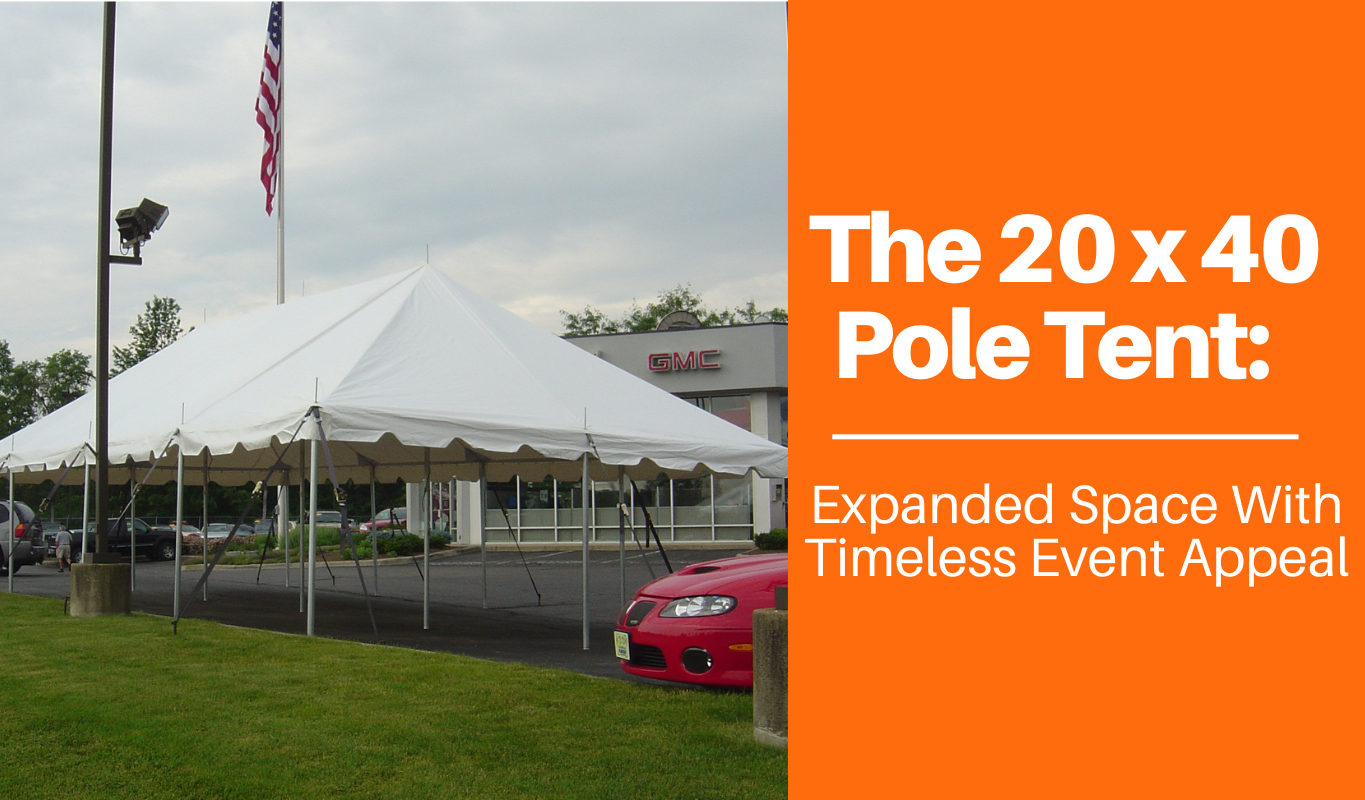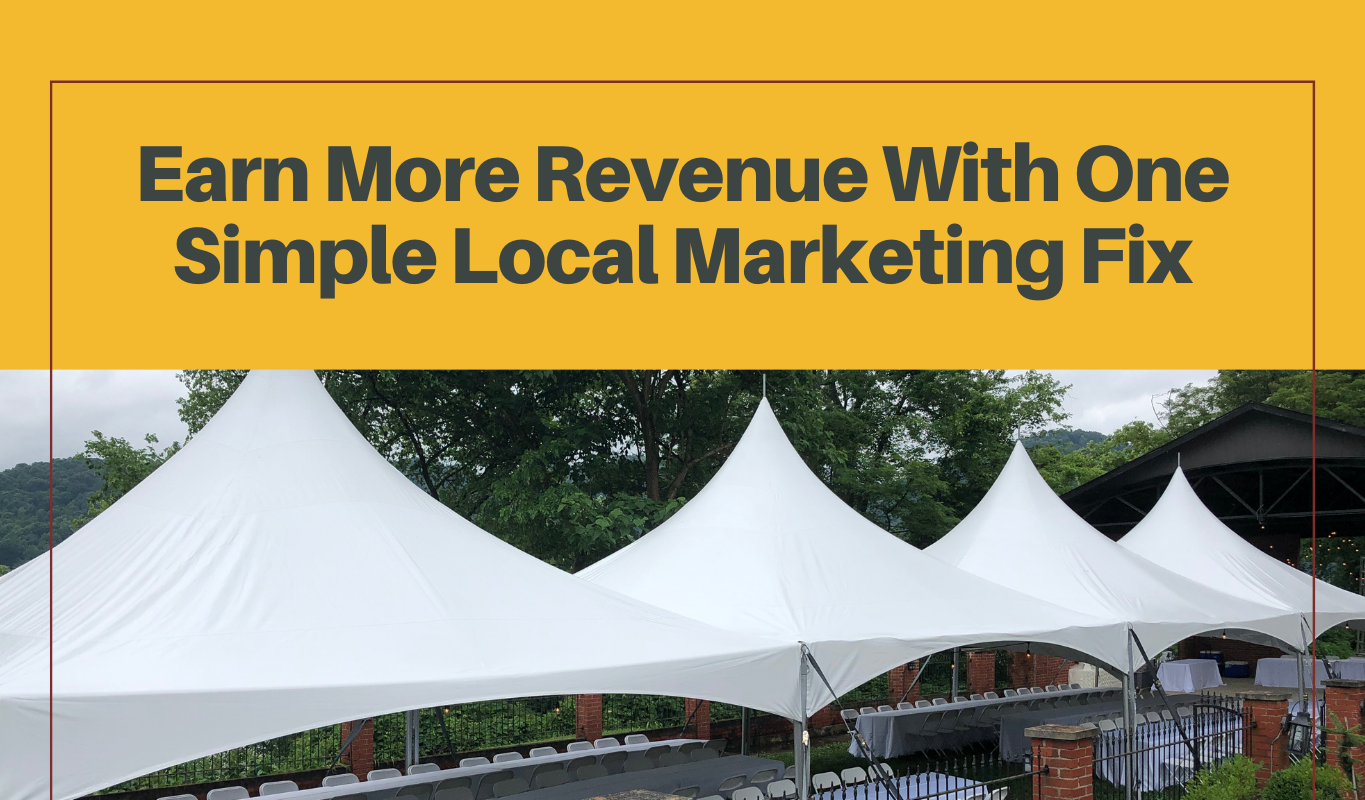Farmer’s Market Tents That Help You Sell More, Rain or Shine
When Harry first decided to sell his homemade lavender honey at the Sunday farmer’s market, he imagined sun-kissed mornings, cheerful foot traffic, and the smell of fresh bread drifting in from the bakery booth next door. What he didn’t imagine was wrestling a flimsy canopy at 6 a.m. during a surprise windstorm.
The tent he bought—cheap and cheerful—buckled halfway through his second weekend. His honey jars clinked nervously as the frame creaked in the wind, and a few curious shoppers scurried by, uninterested in his table of tilting products.
That’s when Harry realized: if he was going to take his little business seriously, he needed to invest in a real farmer’s market tent.
Why Harry’s Tent Upgrade Mattered
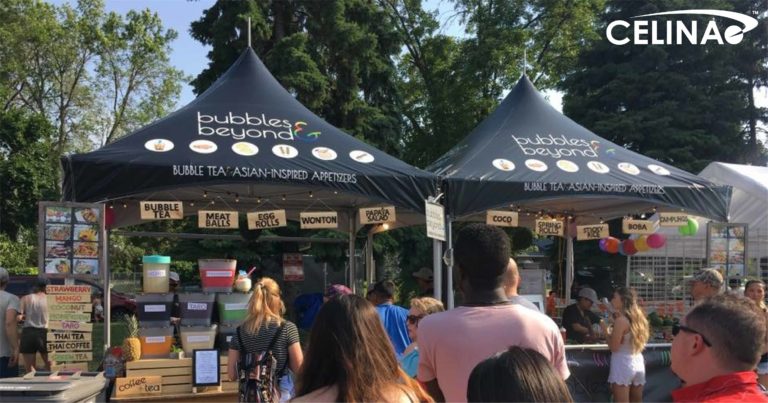
Outdoor markets are as unpredictable as the weather that surrounds them. A gusty day, a surprise drizzle, or a scorcher of a Sunday—Harry saw it all. His new tent, built with a reinforced aluminum frame and a waterproof, UV-resistant canopy, changed the game.
His lavender honey sat secure and shaded. His brand-new banner stood tall. The clean, professional setup not only drew more eyes but gave Harry the confidence to sell with pride. Week after week, customers came back—not just for the honey, but for the experience his booth provided.
The Features That Made the Difference
Harry learned fast that a farmer’s market tent needs to be as hardworking as its owner. He looked for:
- Durability: A tent that could handle wind, rain, and sun without falling apart. Powder-coated steel or aluminum frames became non-negotiable.
- Portability: Early mornings meant groggy setups, so he chose a model with a wheeled carrying bag and pop-up design that made assembly quick and painless.
- Customizability: A plain white tent got him started—but adding sidewalls and a canopy printed with “Harry’s Harvest Honey” boosted visibility tenfold.
- Size Flexibility: His 10x10 space fit perfectly within the market’s standard layout. But on special weekends, he upgraded to a 10x15 to show off new flavors and gift boxes.
Tent Types Vendors Like Harry Swear By
Harry quickly became a go-to source for newbie vendors looking for setup tips. His top picks?
- Pop-Up Canopy Tents: Simple, fast, and ideal for solo sellers like he was when he started.
- Commercial Grade Tents: A must-have once he was attending three markets a week. Built to last and designed for heavy use.
- Custom-Printed Canopies: Helped him build his brand. When customers spotted the honeybee logo from across the park, they knew where to head.
Harry’s Secret: Smart Accessories
A great tent needs great support. Harry added sidewalls for chilly mornings and mesh screens for the summer mosquito rush. Tent weights kept everything stable—even when the breeze rolled in. Tiered wooden displays brought his products to eye level, and collapsible tables made teardown fast.
Each accessory served a purpose—and together, they turned his booth into a full-on storefront.
Safety and Market Compliance
Harry also learned the hard way that not all tents are created equal. His upgraded canopy was flame retardant, came with certification tags, and met all of the local market regulations. Some of his fellow vendors weren’t so lucky—they were turned away for failing to meet code. It was a reminder that quality isn’t just about aesthetics—it’s about compliance too.
A Farmer’s Market Tent Is More Than Just Fabric and Poles
For Harry, the right tent became more than a piece of gear—it was the heart of his mobile business. It kept his honey safe, made his brand shine, and gave him the confidence to expand.
Today, he sells at five different markets across the state. His canopy has become a familiar sight to local customers, and it all started with a decision to go beyond the bare minimum.
Ready to become the next Harry? Whether you're starting small or scaling up, our farmer’s market tents are designed for vendors who take pride in their craft. Explore our collection today and build the booth your products deserve—sturdy, stylish, and built to last.
FAQ
What size tent is best for a farmer’s market?
The most common size for farmer’s market vendors is 10x10 feet—it fits standard booth spaces and provides enough room for tables, displays, and storage. For busier markets or larger product setups, a 10x15 or 10x20 tent offers more flexibility without overwhelming your space. Celina provides multiple tent sizes designed to fit standard vendor layouts.
Are pop-up tents good for vendors?
Yes, pop-up canopy tents are ideal for vendors who need quick setup and portability. They’re lightweight, easy to transport, and can be assembled by one person. For frequent market attendance, Celina recommends upgrading to a commercial-grade pop-up for added strength and wind resistance.
How do I secure my tent on windy days?
Wind is one of the biggest challenges at outdoor markets. Use tent weights, sandbags, or water barrels on each leg to prevent lifting or tipping. For extra stability, Celina offers anchoring kits and heavy-duty ratchet straps that keep your setup safe and compliant during gusty conditions.
Do farmer’s market tents need to be fire retardant?
Most markets require vendors to use flame-retardant tents that meet safety certifications such as NFPA-701. These labels are often checked during inspections. Celina’s commercial-grade canopies are fully compliant, ensuring your setup meets local regulations and safety standards.
Can I customize my vendor tent with logos or colors?
Absolutely. Custom-printed tents are one of the best ways to build brand recognition at outdoor events. You can add your business name, logo, or product imagery to your canopy or sidewalls. Celina’s in-house printing team offers full-color customization so your booth stands out from every angle.




